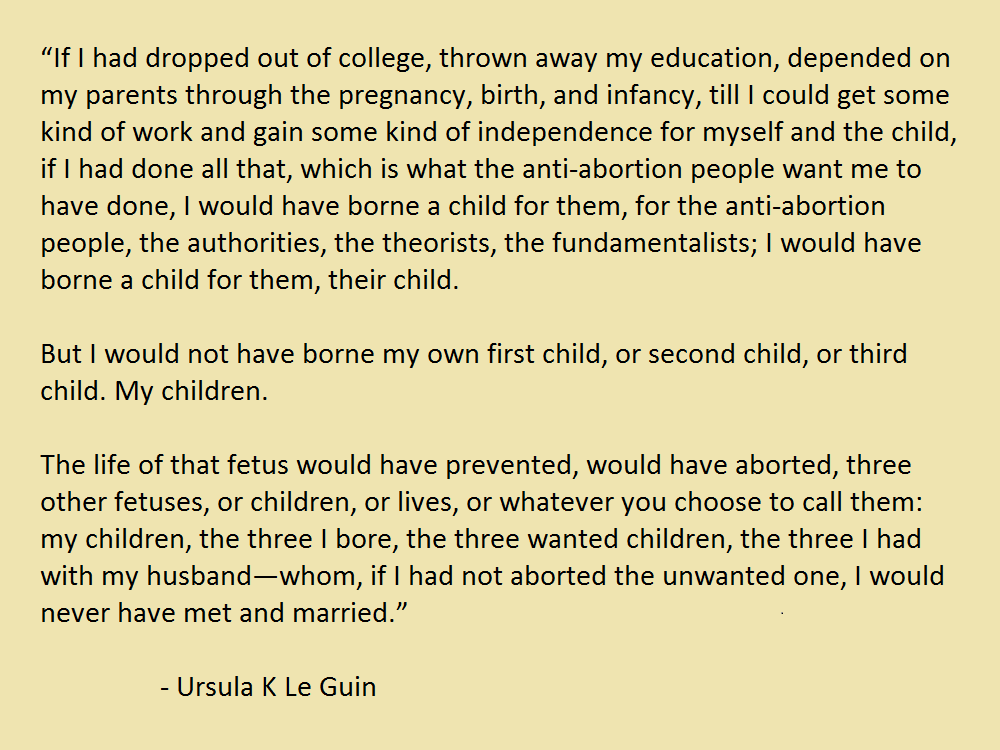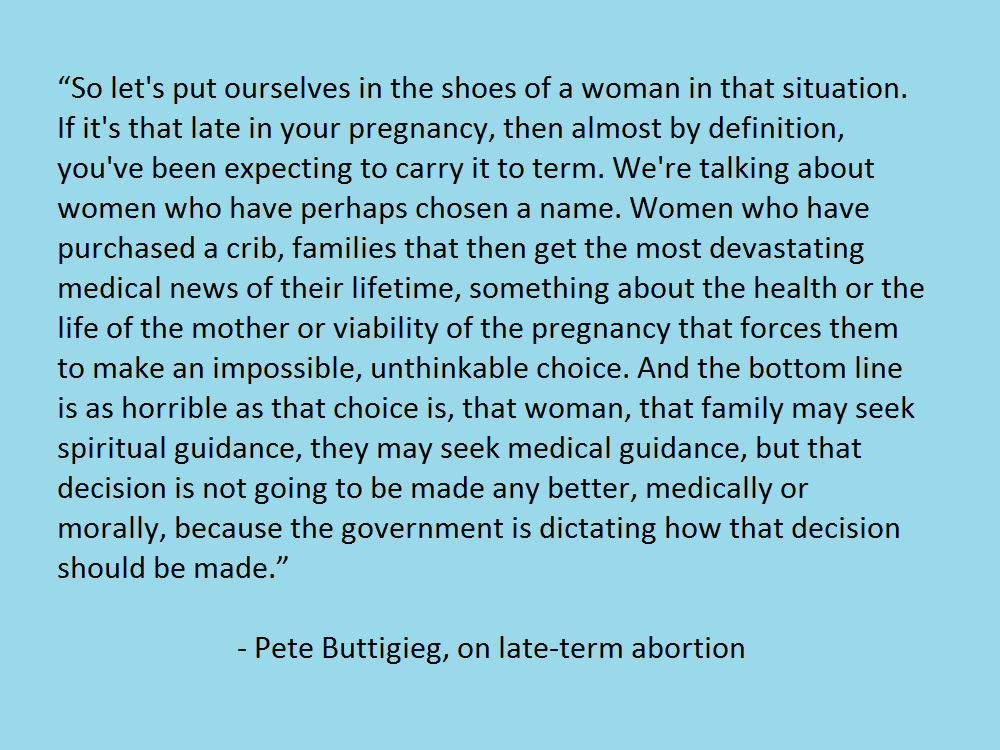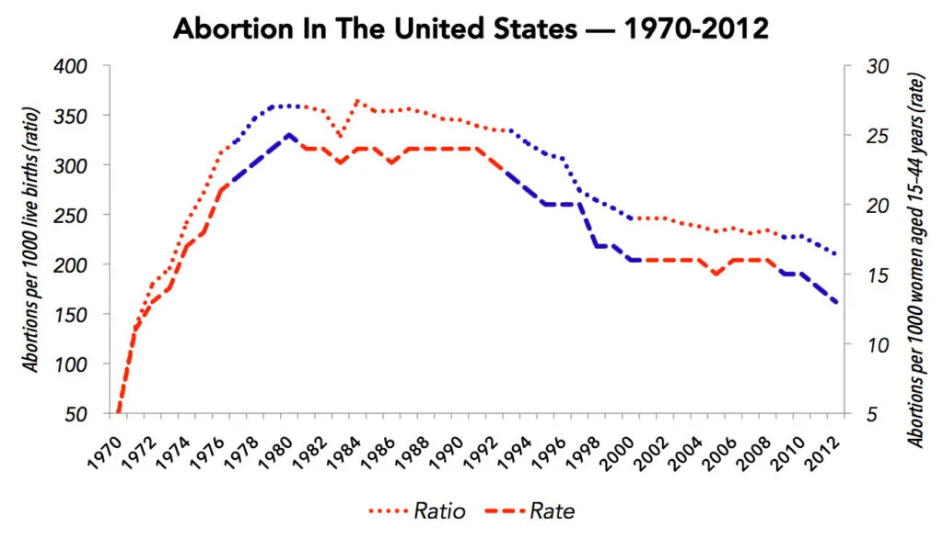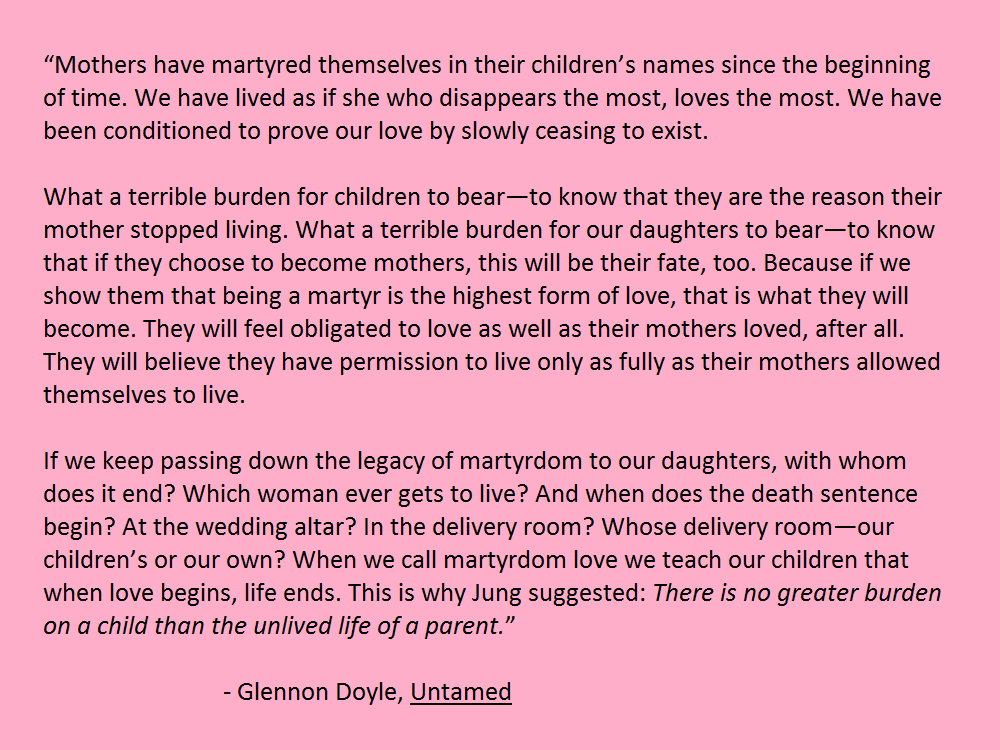“The greatest burden a child must bear is the unlived life of its parents.”
– Carl Jung
Motherhood is the most thankless, selfless job I can imagine, and I have always thought that it is a bit of a sham that mothers only get one day out of the entire year to recognize their contributions and their sacrifices. Indeed, there is an unhealthy tendency in our society for many people (but especially women, and most especially mothers) to see their value as a function of the sacrifices they make for others. To that end, the expectations around motherhood are often wrapped up (if not smothered) in that mentality. Speaking as a recovering codependent myself, I know how good it feels to feel needed… but I also know how unhealthy it is to subvert or even erase one’s own priorities and needs for the sake of others, something that we often praise as an identifying feature of our mothers.
I have written before on this blog about my own perspectives on the decision to become a parent (or not), which includes having the utmost respect for people who choose to participate in a process that I can only imagine is the most challenging, heartbreaking, and ultimately fulfilling journey in the human experience.[1] That being said, I know for many reasons, including some past trauma, that parenthood is not for me – and it took me a while to realize that that’s OK too.

But what was not OK were the events that took place about one year ago, limiting the power of people to make that decision for themselves.[3] (For the record, I will largely use the term “women” in this post, but I recognize that people of all genders are impacted by reproductive politics.) I actually started working on this post exactly one year ago today, after getting home from a “Bans Off Our Bodies” march in Pittsburgh, but I would really not be in a place where I could process the emotions I was feeling for quite some time.
The End of Roe
On May 2, 2022, the US Supreme Court ruling on Dobbs v. Jackson leaked to the public,[4] indicating that Roe v. Wade would soon be overturned. Meanwhile, laws in many states were being put in place, ready to outlaw or severely restrict access to abortion, which is a necessary component of comprehensive healthcare. Following that decision, many more states, including my own, put reproductive rights in the crosshairs during midterm elections, threatening to limit individual rights even further. In the weeks and months following the leaked ruling, I experienced an unbearable sense of existential dread and hopelessness. I protested [5] and set up recurring donations to Planned Parenthood,[6] but I felt utterly defeated. I was fundamentally unable to understand how protections of bodily autonomy for women were simply eliminated at the federal level.
I don’t plan to have children, but there are no guarantees when it comes to birth control – no method is 100% effective (not even abstinence – just ask the Blessed Virgin). As someone who has believed in the value of small government for most of my adult life, it terrified me to imagine that the government could determine what the rest of my life was to look like should my birth control fail. Now, in all honesty, I would be OK: I have means and could travel where I needed to, if I needed to, should I ever have to make that decision, but for many women throughout the country, that is not the case. And it was for those women especially that I felt a grave sense of injustice.

Image credits: [7],[8]
In all honesty, my biggest concern in this whole situation is less what is being decided than who gets to do the deciding (and what happens when the decision-maker isn’t the pregnant person). Around the time of the leaked ruling, I came across a longitudinal study of 1000 women who either received or were denied abortion services. Longitudinal studies repeatedly collect data from the same people over an extended period of time, and these women were interviewed every six months for five years about various aspects of their lives, including physical and mental wellbeing, financial stability, education, and social support after receiving – or not receiving – the procedure.
The “Turnaway Study,” as it was named, sought to more appropriately compare the experiences of women who received abortions with women who wanted them but were denied services, as opposed to prior studies that compared women who received abortions with women who carried wanted pregnancies to term.[9] The results of this study showed that women who were denied abortions are more likely than their counterparts to experience economic hardships, stay with violent partners, raise the resulting child alone, and experience serious health problems associated with the pregnancy. Meanwhile, “women who receive a wanted abortion are more financially stable, set more ambitious goals, raise children under more stable conditions, and are more likely to have a wanted child later,” and 95% of those women reported over five years after the procedure that it was the right decision for them. [10]
Risks of Childbirth
In the oral arguments for Dobbs v. Jackson, Justice Barrett asked whether abortion was even necessary, since all 50 states offer safe haven protections for parents wishing to relinquish a child.[11] She then pointed out that the “obligations” of pregnancy and parenthood are not the same thing. Now, while it is true that just because you bear a child doesn’t mean you have to raise it, we also know that the process of pregnancy and childbirth represent trauma and risk to the body. Common complications during pregnancy include high blood pressure, gestational diabetes, infections, preeclampsia, depression, and anxiety.[12] Complications during childbirth itself can include perineal tears, excessive bleeding, and even death.[13]

If we’re talking about just maternal mortality rates, the United States leads the developed world with 23.8 maternal deaths per 100,000 live births (France is in second place with roughly a third of that number).[15] Basically, that means I am over 2600 times more likely to die in childbirth than in a plane crash, and as someone who hates flying, I really don’t like those odds. But once again, my privilege is showing: Black women in America face roughly three times the maternal mortality risk of white women; six times the risk if they’re in Pittsburgh.[16] So, when we’re making pronouncements about what decisions people “should” make, we’re not talking about a temporary inconvenience – we’re talking about potentially forcing long-term health complications or even life-and-death situations on people against their will.
And sometimes there is nothing to be done to save even a wanted pregnancy. Ectopic pregnancies (fatal to the mother) do happen, fatal fetal abnormalities do happen, and some miscarriages that happen later in the pregnancy need a process similar to abortion in order to remove fetal tissue from the uterus. Nevertheless, there are some legislators who believe that various medically necessary procedures should be made illegal.
The vast, vast majority of abortions (93.1% in 2020) take place within the first trimester (up to 13 weeks), with another 5.8% in the second (14-20 weeks), and less than 1% in the third (week 21 or later). Common reasons for later-term abortions include the mother not knowing she was pregnant (women don’t magically know when it happens), not being able to find an abortion provider, or not having necessary transportation or money to get the procedure, as well as late-term discovery of fetal anomalies or life-threatening risk to the mother. [17]

Image credit: [18]
Can We Talk?
And the stakes, and the rhetoric, and the desperation only increase with each passing election cycle. Part of the problem with tying political ideology to a binary set of positions is that it erases any opportunity for deeper examination of the situation. This either-or approach we’re seeing in the pro-choice / pro-life fight forces us to pick a camp and entrench ourselves, eliminating opportunities for dialogue and vilifying people on the other side, without truly understanding the issue or how we’ve arrived at a situation where we’re arguing over whether to legislate a symptom instead of addressing a cause.
I hesitate to speak in absolutes, but I think it’s fair to say that no one wants more abortions to happen. And the fact is that abortions have been on the decline since the 1980s. That decline appears to be more pronounced during Democratic presidential administrations (which have a more “make abortion unnecessary” approach) than in Republican administrations (with a more “make abortion illegal” approach), but a review by Snopes points to additional factors outside party control of the White House that might impact these numbers, such as judicial appointments and state-level policies, as well as an overall decline in pregnancies.[19]
I’ve covered the declining pregnancy topic before on this blog, most notably in last year’s Father’s Day post on vasectomies [20] and in the “DINK Life” series that helped me examine my own feelings and decisions about parenthood.[21] That decline is partially voluntary, as we as a society reckon with insufficient support (in the form of healthcare and job flexibility) for parents, but also involuntary, as the chemical soup in which we live contributes to reduced fertility rates, meaning that more families may be looking to adopt if they can’t have their own kids – but that still doesn’t justify forcing people to carry pregnancies to term, à la “Handmaid’s Tale.”

The fact of the matter remains that if we as a society want to commit to fewer abortions as a goal, that means we need to work on reducing the need for them when they are not medically necessary – and they will always be medically necessary in some cases. We know that new abortion bans will increase existing health and economic disparities on a class level, as demonstrated in a study of the same name,[23] and that making abortions illegal will not eliminate them but simply make them less safe. The most common reason given for electing to have an abortion, per a 2013 study, was financial limitations of the mother/parents (40% of respondents),[24] so it would seem that bolstering support systems for parents-to-be would drastically reduce that primary factor leading to abortions. We also know that increased education [25] and access to contraception [26] are major factors in delaying and reducing pregnancies in the first place.
Ultimately, though, I will always come back to the idea that one-size-fits-all solutions from the government fundamentally cannot take into account the incredibly personal, individual, human experience that is pregnancy, if not motherhood/parenthood. The process of pregnancy is definitely medical and possibly spiritual, depending on the person. And in the end, I maintain that, as someone who was so desperately wanted by her own parents, I cannot imagine anything more unfair than bringing a child into this world that I myself didn’t desperately want. Thus, I am marking my first Mother’s Day knowing for sure that I will never be one, and I am OK with that decision.
So to the mothers reading this post: I respect you immensely, and I hope you are respecting yourself and modeling healthy boundaries and behaviors for the next generation. To anyone who has chosen not to become a parent: I see you, and I am with you – your choices are valid. To anyone who isn’t sure yet: love yourself and trust your heart – I wish you support on your journey, whatever it may ultimately be.
Thank you for reading.
[1] https://radicalmoderate.online/dink-life-part-1/
[3] https://www.oyez.org/cases/2021/19-1392
[4] https://blog.petrieflom.law.harvard.edu/2022/05/24/the-leaked-dobbs-opinion-explained/
[5] https://events.plannedparenthood.org/events
[6] https://www.plannedparenthood.org/get-involved/other-ways-give
[7] https://www.vox.com/culture/23316570/house-of-the-dragon-heirs-review-recap-childbirth-scene
[9] https://www.ansirh.org/research/ongoing/turnaway-study
[11] https://harvardlawreview.org/blog/2022/06/a-response-to-justice-amy-coney-barrett/
[12] https://www.nichd.nih.gov/health/topics/pregnancy/conditioninfo/complications
[13] https://www.nichd.nih.gov/health/topics/labor-delivery/topicinfo/complications
[14] https://www.upworthy.com/pete-buttigieg-gave-perfect-response-to-late-term-abortion-questions
[15] https://tcf.org/content/commentary/worsening-u-s-maternal-health-crisis-three-graphs/
[16] https://pittnews.com/article/150450/news/quality-of-life-for-black-residents-worse-in-pittsburgh/
[17] https://www.medicalnewstoday.com/articles/reasons-for-abortions#reasons-for-abortion
[18] https://www.snopes.com/fact-check/political-party-abortion-rate/
[19] https://www.snopes.com/fact-check/political-party-abortion-rate/
[20] https://radicalmoderate.online/vasectomies/
[21] https://radicalmoderate.online/dink-life-part-1/
[22] https://www.goodreads.com/work/quotes/73600042-untamed
[23] https://ajph.aphapublications.org/doi/10.2105/AJPH.2022.306993
[24] https://www.medicalnewstoday.com/articles/reasons-for-abortions#reasons-for-abortion
[25] https://blogs.worldbank.org/health/female-education-and-childbearing-closer-look-data
[26] https://www.sciencedaily.com/releases/2020/09/200908170532.htm
0 Comments